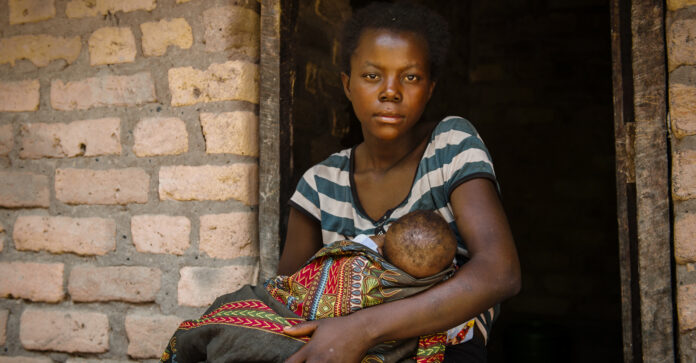By: Michaella Faith Wright
Child marriage remains a critical issue in many parts of the world, including The Gambia. This harmful practice not only violates the rights of children but also hinders their education, health, and overall development. In response, The Gambia has taken significant legislative steps to combat child marriage and protect the rights of young girls.
The Legal Framework:
In July 2016, The Gambia made a historic move by amending its Children’s Act to explicitly prohibit child marriage. The amendment defines child marriage as any union where one or both parties are under the age of 18. The law mandates severe penalties for those who facilitate or engage in child marriage, including parents, guardians, and religious leaders.
Key Provisions of the Law:
Age of Consent: The legal age for marriage in The Gambia is now set at 18 years. Any marriage involving individuals below this age is considered illegal and punishable by law.
Penalties: The law imposes strict penalties, including imprisonment and fines, for individuals who arrange, participate in, or fail to report child marriages. This includes parents, guardians, and religious leaders.
Protective Measures: The law also includes provisions for the protection and rehabilitation of victims of child marriage. This includes providing access to education, health care, and psychological support.
Public Awareness: The government, in collaboration with NGOs and civil society organizations, is tasked with raising awareness about the dangers of child marriage and the importance of adhering to the legal age of marriage.
Challenges and Implementation:
While the law is a significant step forward, its effective implementation remains a challenge. Cultural norms and economic factors often drive child marriage, making it difficult to eradicate the practice completely. Rural areas, in particular, face higher rates of child marriage due to traditional beliefs and lack of awareness.
Ongoing Efforts:
To address these challenges, various stakeholders, including the government, non-governmental organizations, and community leaders, are working together to:
Raise Awareness: Through community outreach programs, media campaigns, and school-based education, efforts are being made to inform the public about the legal age of marriage and the negative impacts of child marriage.
Support Victims: Providing support services for victims, including access to education and health care, is crucial for their rehabilitation and reintegration into society.
Strengthen Enforcement: Enhancing the capacity of law enforcement agencies to detect and prevent child marriages is essential for the law’s effectiveness. This includes training police officers, social workers, and other relevant personnel.
The enactment of the child marriage law in The Gambia is a commendable step towards protecting the rights and future of young girls. However, sustained efforts are needed to ensure its effective implementation and to change the societal norms that perpetuate child marriage. By working together, The Gambia can create a safer and more equitable future for its children.




